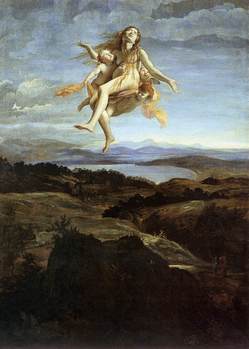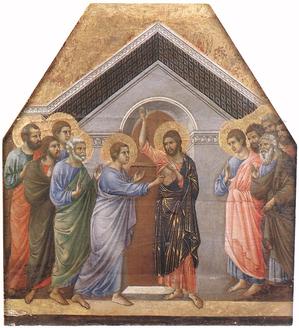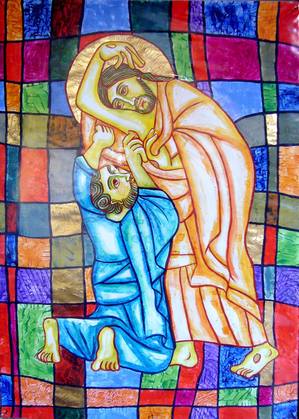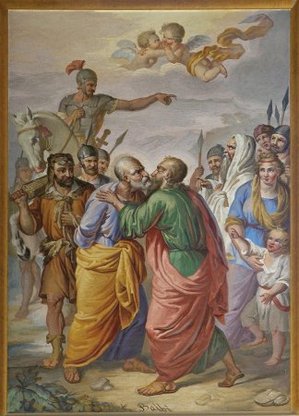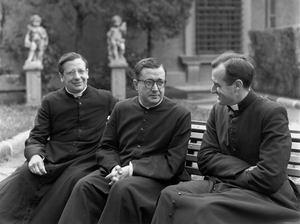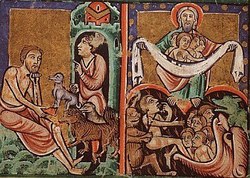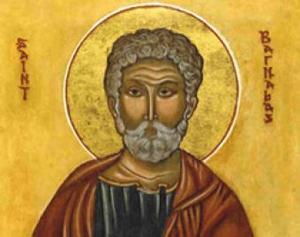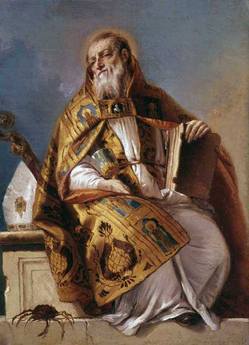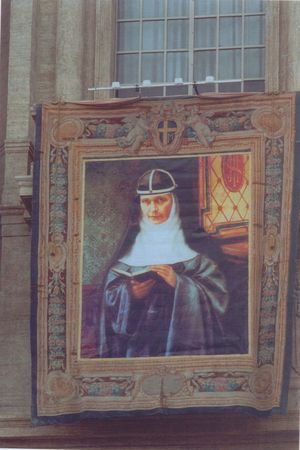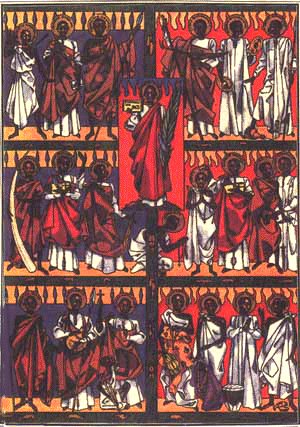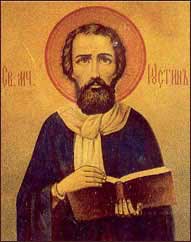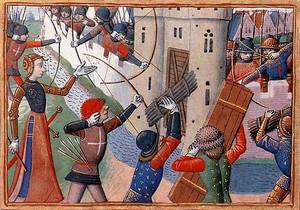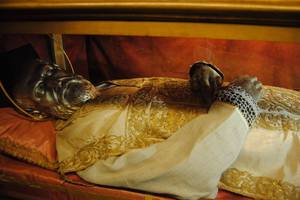The Church commemorates the Prophet Ezekiel (born c. 622 BC) today. His name means "God will strengthen." God's strength will be explained by the prophet's persistent and clear call for repentance, purity and holiness.
The Prophet is remembered on various dates among others:
- Latin Catholics 23 July
- Byzantine Catholics and Orthodox and some Lutherans on 21 July
- Armenian Apostolic Church on 28 August
- It must be noted that Ezekiel, though not named in the Islamic holy Book, is honored.
Ezekiel is said to have been a great teacher and that his lessons were about the renewal and reform of the whole nation through the renewal and reform of each person. But more than a great teacher he was born into a born into a priestly family, meaning that his family was a family of priests in the line of Levi. Ezekiel was a priest who offered sacrifice on behalf of others.
He is remembered for many important things but many will say they are drawn to the miracle he performed of the resuscitation of the dead found in Book of Ezekiel 37. Dry bones are reassembled and live again. An evident foretelling of the Lord's own resurrection from the dead. But aside from brilliant miracles the prophet utterances of Ezekiel's book speak of a vision of God's glory (the heavens opening) and the restoration of that glory will happen in a dramatic way even though Jerusalem would fall, unbelief of the people in the one God would lead to their destruction (the Jews would understand the abandoned faith was akin to committing national suicide), and that God required the people to do penance for their wandering away from His truth, beauty and goodness.
